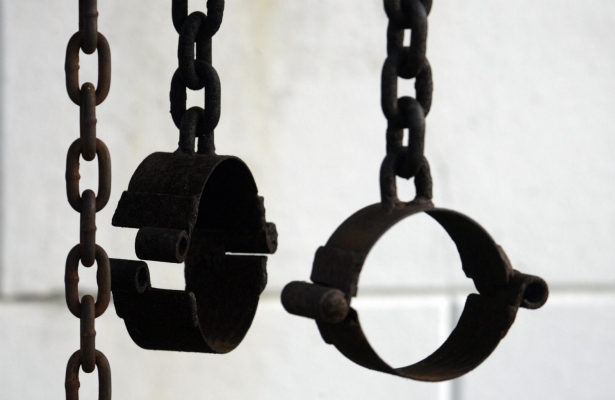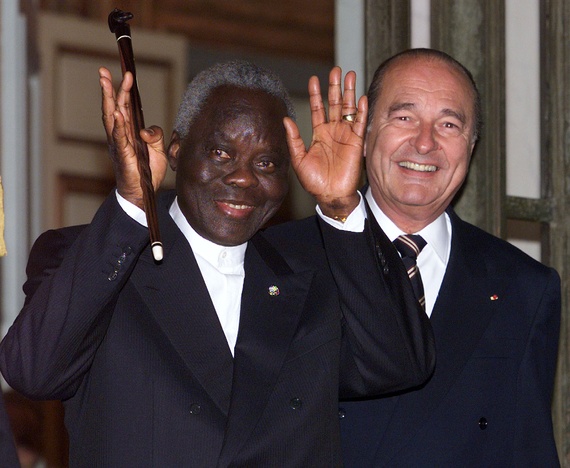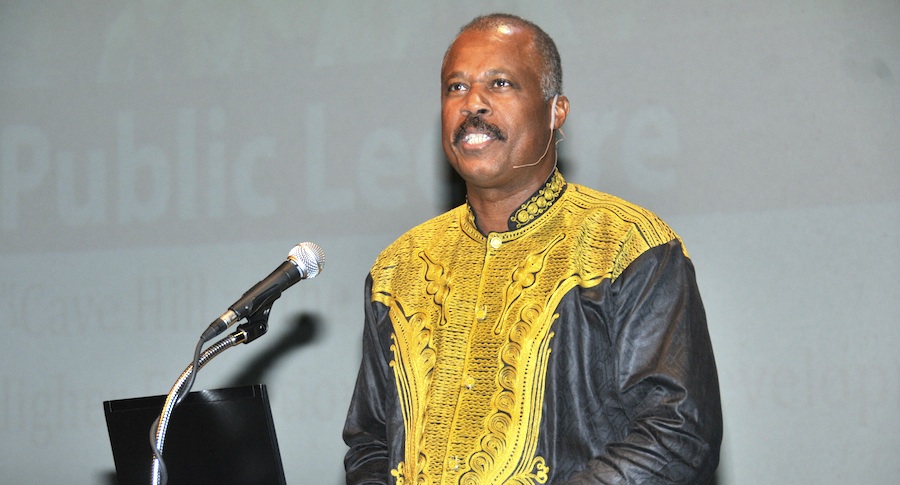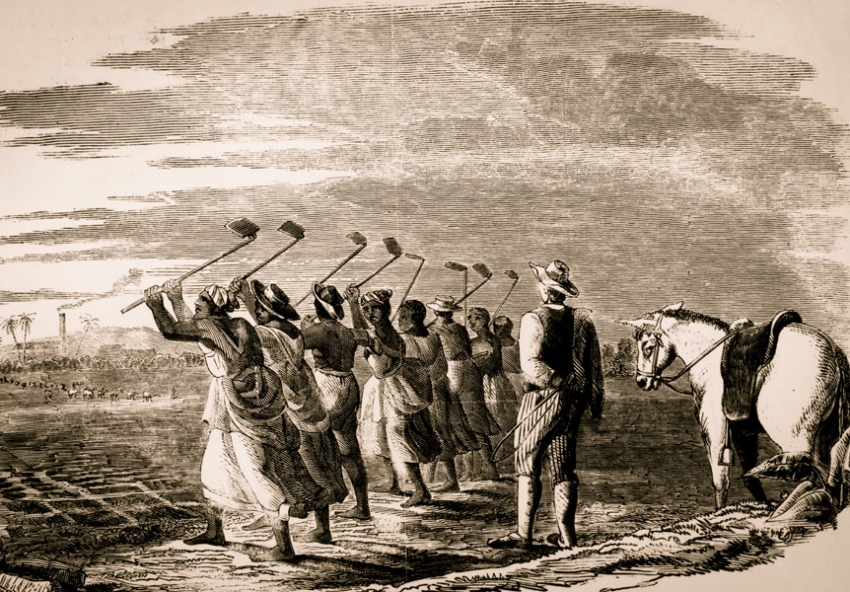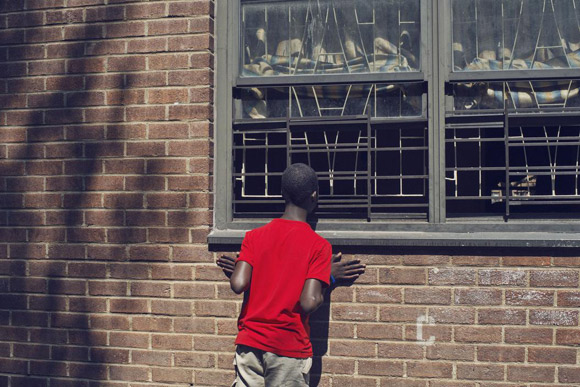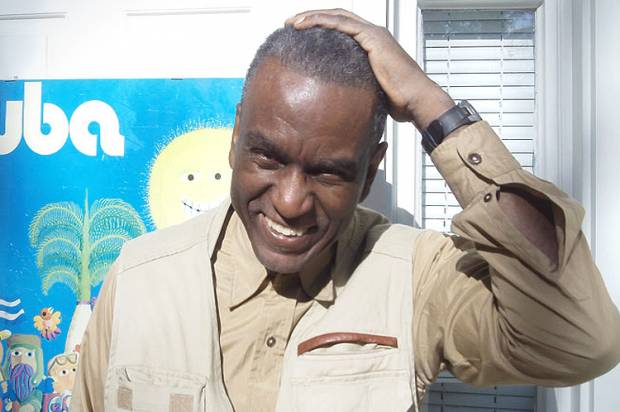
With a sweeping and widely praised new essay on reparations in the Atlantic, Ta-Nehisi Coates has challenged Americans to reconsider how they view their country’s history and to place the influence of white supremacy front and center. Rather than imagine the damages inflicted against African-Americans by white supremacy as having occurred mainly during the antebellum period, Coates asks us to recognize how Jim Crow in the South and redlining in the North denied black people the means to build real, stable lives for themselves, directly explaining the disproportionate poverty we still see in the African-American community today.

